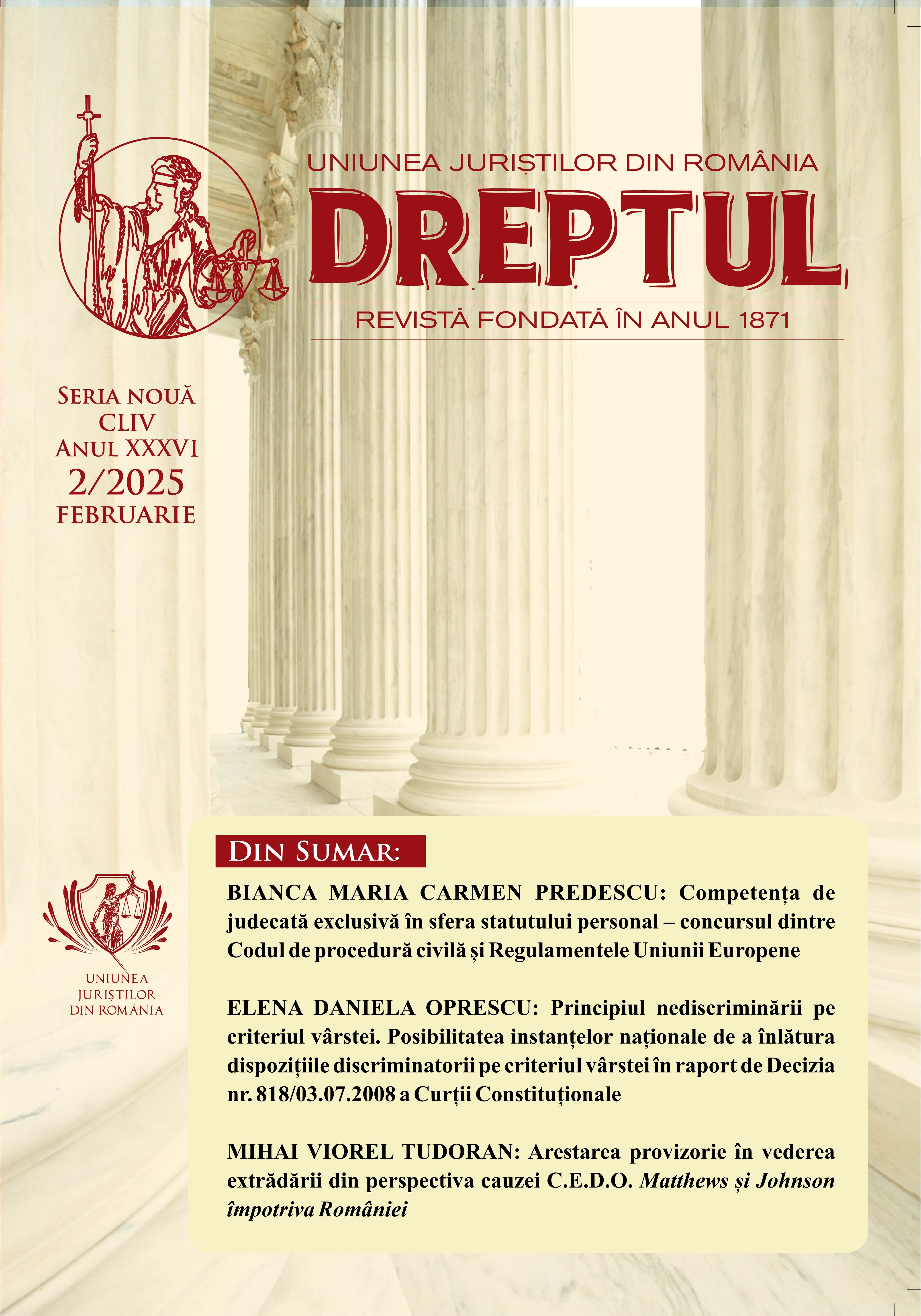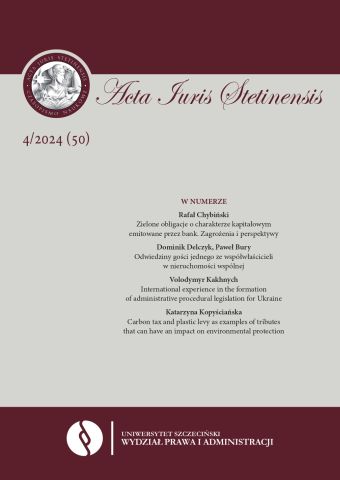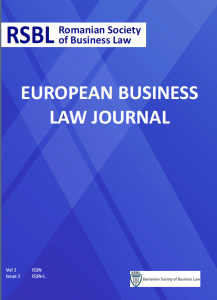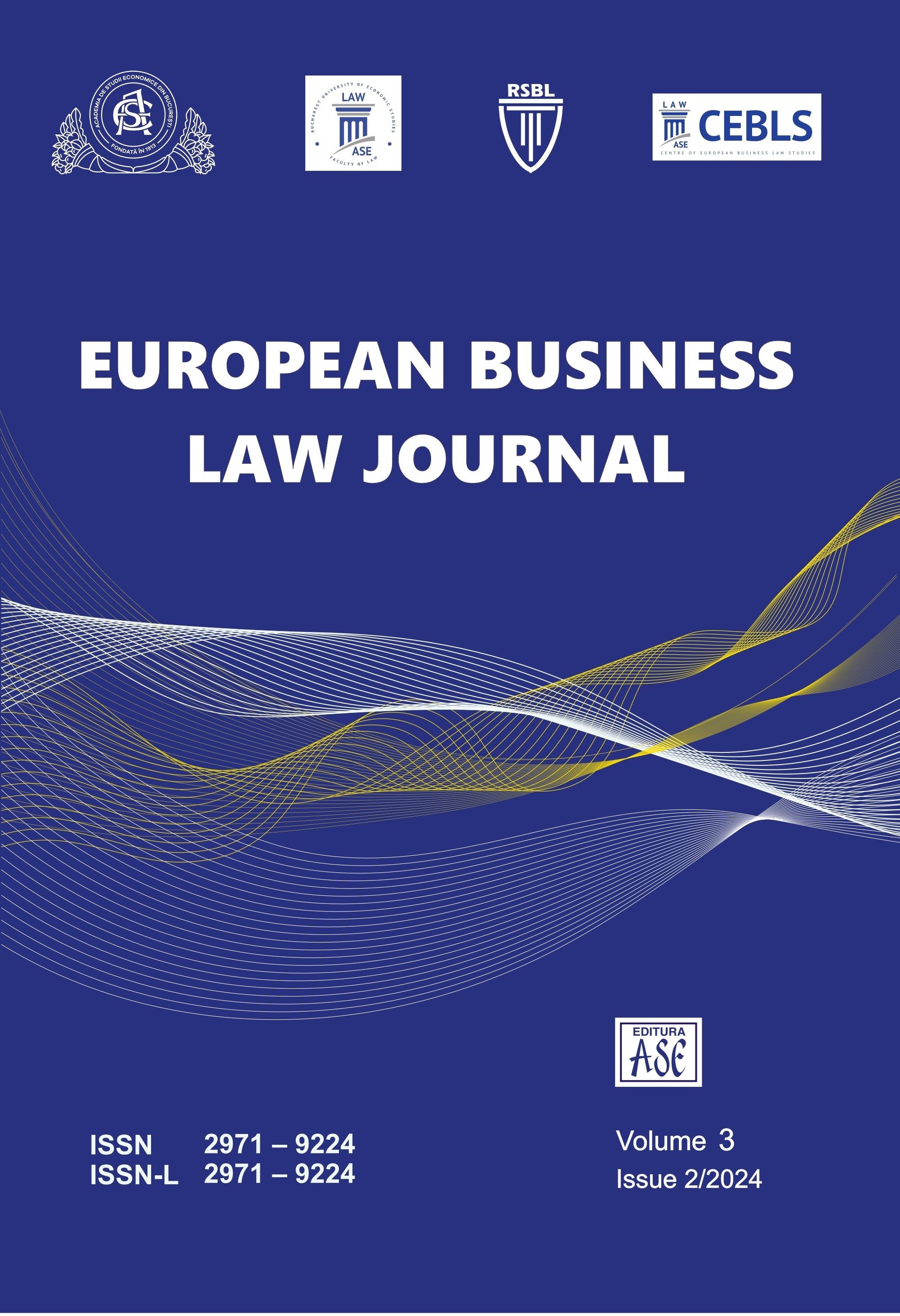
Штучний інтелект для прийняття судових рішень: деякі потенційні ризики
The relevance of the research topic is due to the rapid and inevitable deployment of artificial intelligence technologies in most legal systems, which includes its application in the decision-making process. The purpose of the article is to, after analyzing the use of artificial intelligence in judicial decision-making, to single out implicit potential risks of algorithmization and to propose a reasonable approach to the implementation of those technologies. The research uses such methods of scientific knowledge as structural analysis, imaginary experiment and legal doctrinal approach, as well as "case study" elements. The article explores the issue of implementing artificial intelligence in judicial decision-making, accentuating potential risks and challenges. It highlights the need to consider justice, fairness and the rule of law when applying AI, and provides arguments for a reasonable and limited algorithmization. The article focuses on the problems of algorithmizing complex judicial processes, particularly regarding the selection of legal principles and AI’s potential negative impact on the individualized nature of justice. Among the risks, the tendency of AI towards rationalization and standardization of decisions, its limited ability to interpret human characteristics and case circumstances, and the substitution of legal certainty with algorithmic predictability are emphasized. The article also discusses the difficulties related to the understanding and interpretation of legal texts by algorithms,noting that AI is incapable of thinking and making moral judgment. Special attention is given to the issue of legal reasoning: the article argues that court decisions must not only be justified but also convincing to society, which is impossible to achieve with AI due to its incapability to comprehend discourse and case context. Based on the conducted research the article concludes that despite technological advances, the complete replacement of human judgment with AI carries risks and may lead to a distortion of the very concept of justice and its devaluation. Prospects for further research may include understanding how technological determinism and pure utilitarianism override more cautious and moderate approaches and relegate deontological considerations to the background
More...



